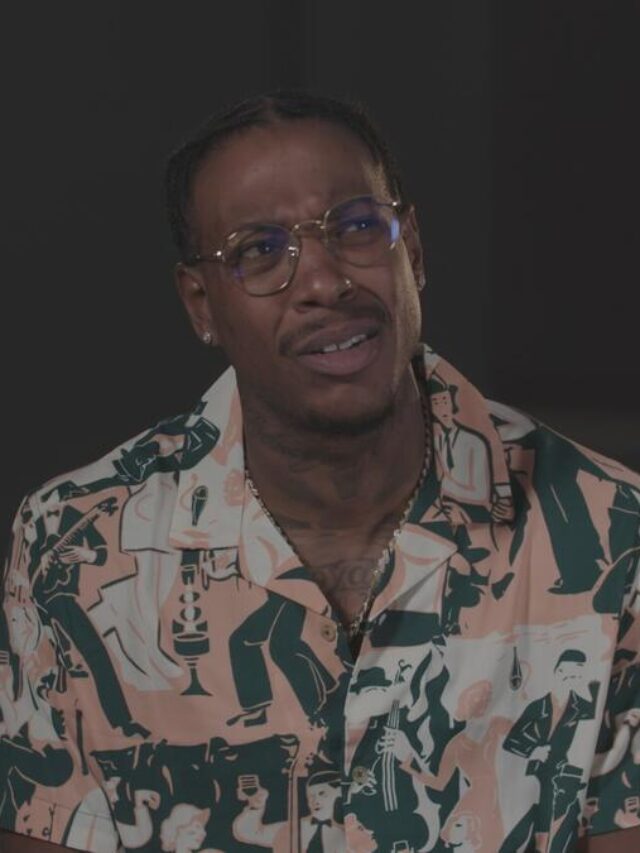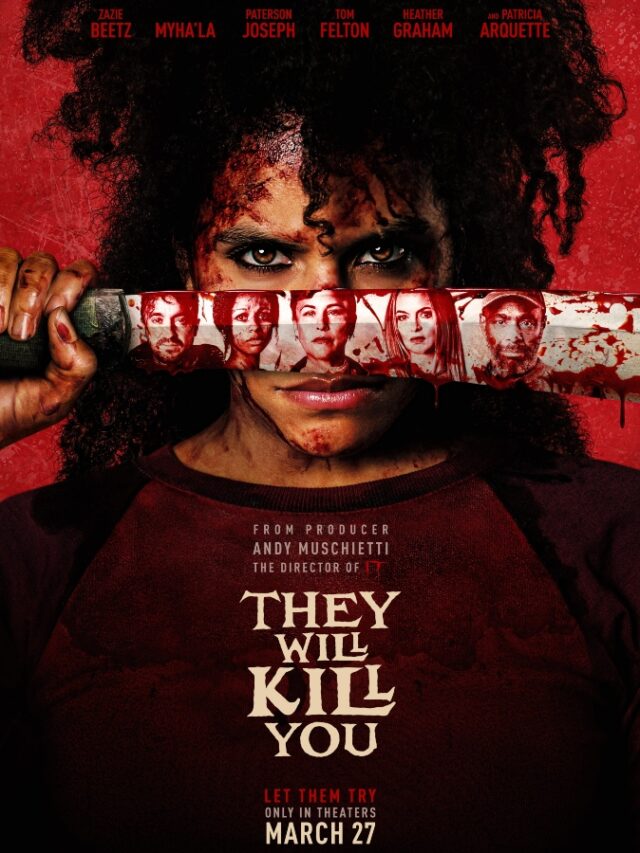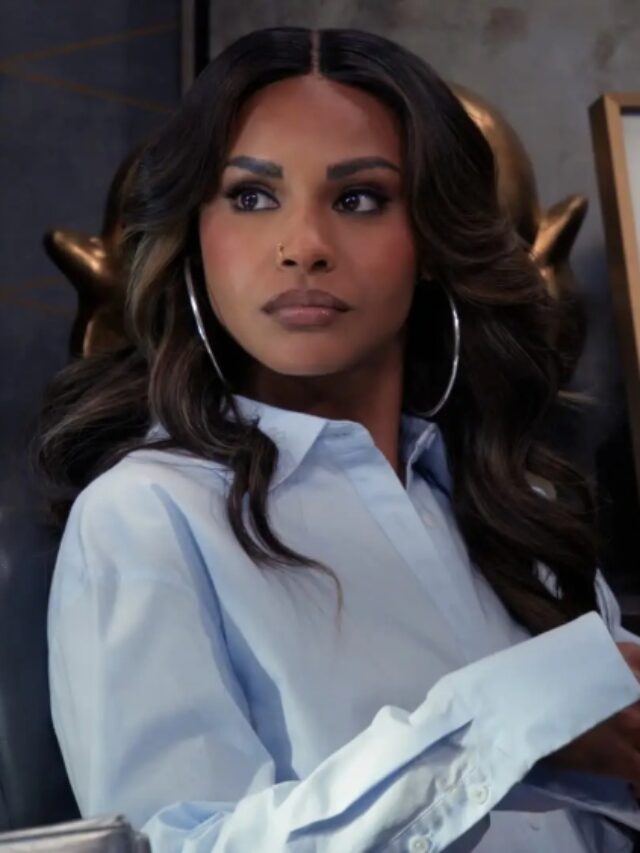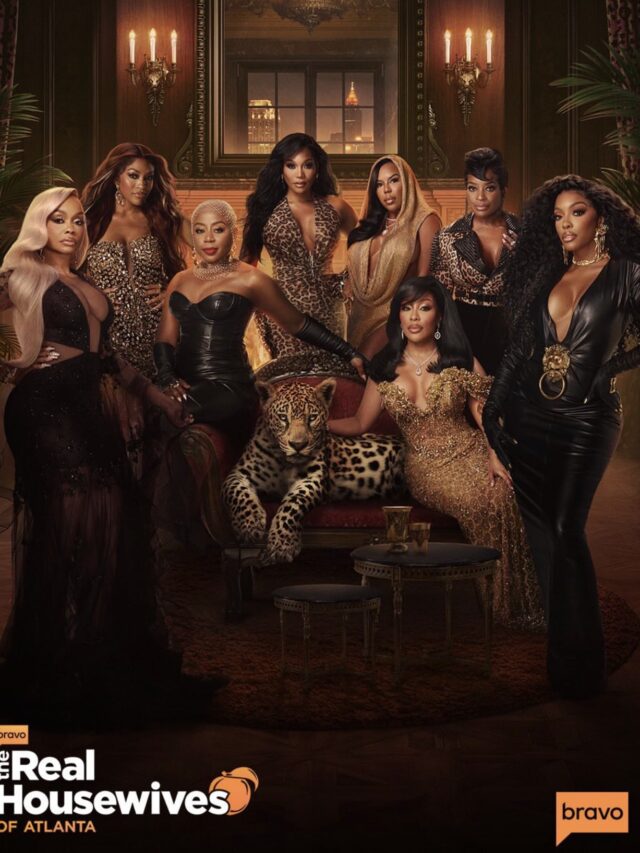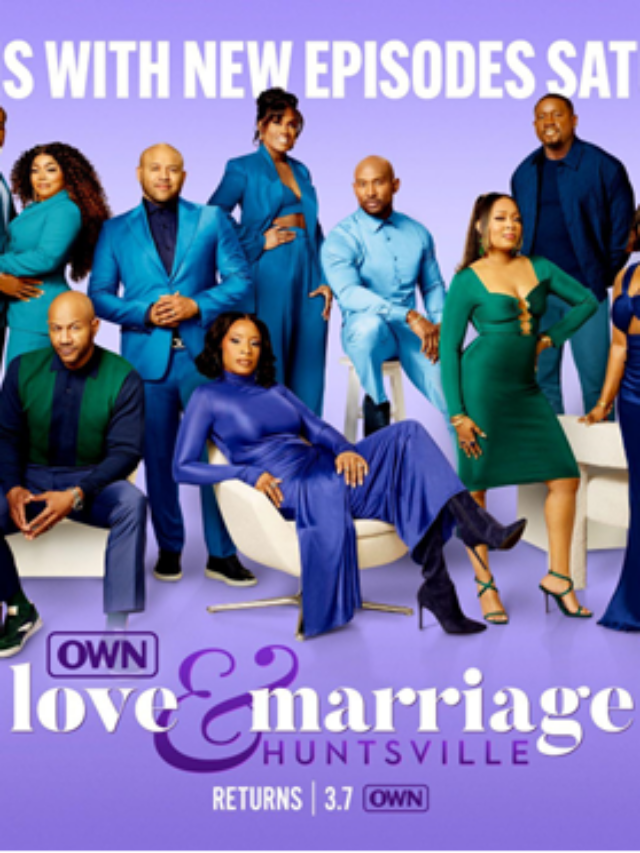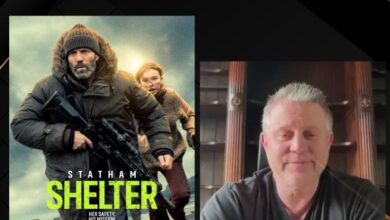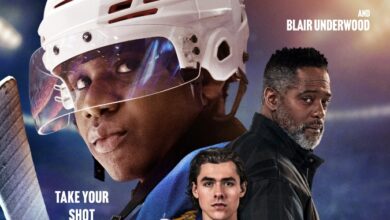UB Spotlight: The Cast of “Draft Day” Speaks on Film

In Draft Day, on the day of the NFL Draft, general manager Sonny Weaver Jr. (Kevin Costner) has the opportunity to rebuild his team when he trades for the number one pick. He must quickly decide what he’s willing to sacrifice in pursuit of perfection as the lines between his personal and professional life become blurred on a life?changing day for a few hundred young men with dreams of playing in the
NFL.
Draft Day stars Kevin Costner, Jennifer Garner, Denis Leary and Ellen Burstyn; is directed and produced by Ivan Reitman, from a script by Rajiv Joseph & Scott Rothman. The film also features Frank Langella, Sean Combs, Terry Crews, Chadwick Boseman, Rosanna Arquette, W. Earl Brown, Kevin Dunn, Arian Foster, Brad William Henke, Chi McBride, Griffin Newman, Josh Pence, David Ramsey, Patrick St.
Esprit, Timothy Simons, Tom Welling and Wade Williams.
NFL players now on NFL Network Demario Davis, James Brewer, Ramses Barden, Zoltan Mesko,
and Stephen Hill; as well as NFL Network and ESPN on?air talent Rich Eisen, Mike Mayock, Deion
Sanders, Chris Berman, Mel Kiper and Jon Grudenalso appear in the film.
UrbanBridgez.com attended the press day for the film in Los Angeles and the cast spoke on the film, which opened this weekend with $9.8 million at the box office!
—————–
…On delivering the line “What do you want?” (to Jennifer Garner’s character) in Draft Day in the same way he did in Field of Dreams?
Kevin Costner: It’s a thing that you have to say to women. Just tell me…Jesus Christ…what is it you want? I think I’m probably speaking for every guy in the world, and maybe that’s why some of these movies have worked sometimes. Maybe someone should ask us [guys] that, too. What is it you want? It’s such a cool thing in life to get what it is you want. Most of the time, you don’t. But occasionally, we do. Sometimes it takes a partner to ask, “What is it you want?” I think—the way we operate in life—sometimes we don’t know.
We’re all in some kind of maze going after the cheese at the end. What is that we want? I think I just want it to work. When I finally came to Hollywood, that’s what I wanted. I just wanted to get a job. Then, I wanted to get the second one.
What is it that I wanted? Maybe I didn’t want to go to work on Monday; the repetition of the same type of job—not that there is anything wrong with that. But what was it that I wanted? I knew I didn’t want that. I didn’t mind working 100 Mondays in a row, but I wanted to be done at some point and I wanted to move on to something fresh. I wanted to move on to something different. It’s never bothered me to work hard. I probably worked on some of the longest schedules in movie history. Dances [With the Wolves] was 108 days. I think Postman was 113. Wyatt Earp was 120. And Waterworld was 157. So, six-day weeks, and I was directing a couple of those. So working hard has never been the problem. What is it you want? That’s a question we all get posed–sometimes internally and sometimes externally. It’s been a pleasure to say those [kinds of] lines in movies.
…On the women in sports who we never see, like her character?
Jennifer Garner: She’s a woman in a man’s world and she does it seamlessly. I had the privilege of shadowing Megan Rogers at the Cleveland Browns, who is the capologist there. I basically stole everything from her—from what she carried in her arms to the way she dressed to the way she comported herself. Megan is someone who never needs to show you that she knows everything. She just holds it inside, and if necessary, she brings down a hammer. That’s what I loved about Ali. I think that what makes women so great in these high-up positions on sports teams and in the NFL overall is that they can keep their emotions in check and their brains can do a lot of things at once. Because if you’re going to be a capologist, you’re basically business affair plus you’re thinking of the art of football plus…what’s your team’s future; what’s been important in the past. You have to have so much going on in your brain at once, and let’s face it [women] are just good that.
…On their actual draft days in real-life compared to the one in the film?
Terry Crews: I was drafted in the 11th round back in 1991. And I threw a party because I was a typical narcissistic athlete. I thought I was gonna go WAY higher. The first day: everybody came, everybody left, and the day was over. I was like, “Oh, I didn’t get drafted.” I had a lot of barbecue left. I went into the second day, it was like in the afternoon and I thought it was over. I literally collapsed in a heat. I was just very, very disappointed. My wife was like, “Yo, we gotta do what we gotta do. Hold your head up. Wipe your tears.” They actually left, and my sister came in and said, “Somebody’s on the phone. It says it’s L.A. Rams.” And I’m thinking the draft is done because it’s so late. I’m thinking somebody’s playing a joke. But they said, “You’ve just been drafted in the 11th round by the Los Angeles Rams.” That shows how old I am. [laughs] I was back to being happy again, back to being confident. I was just like, “Now that they’ve let me in, I’m going to blow this thing up. That was the whole deal. That was my draft day experience.
Arian Foster: Mine was very similar actually. We had a little get together at one of my father’s—he ran a hotel at the time in Arizona—and a lot of my family members got together. Same thing. Round after round, the clock kept tickin’. I tried to keep my mind off it. I’m of the new school so there’s only two days in the draft. [laughs[So the first day went by and I didn’t get drafted, I was OK with that. Om the second day, I tried to keep my mind off of it, so I actually went golfing. And I actually one of the best rounds I had ever played in my life. But I was so upset that I didn’t get drafted yet that it didn’t matter. Going through that experience and getting drafted in the movie, it was very surreal for me because you get into character and to have Terry Crews as your father—and he does an awesome job—all those emotions from that day that I never had but wanted to have came out on that day. And that’s what makes the movie so special for me and that’s why it was honor to have gotten chosen for this role. It was a great experience.
…On what he finds incredibly satisfying about storytelling within the sports framework?
Kevin Costner: I think if you want to make a good sports movie, you gotta cut down on the sports. You have to make it about people. You can’t try to impress people with your knowledge and the X and O’s and all the details and the technicalities. “See? We know about this sport.” You gotta know that people are going to sit down; they would’ve gotten babysitters; in certain instances, they’re going to say, “Why are you dragging me to this movie.” You have to conduct scenes that will speak to that person. The lights go out and the movie starts, and women start to see themselves and men start to see themselves and, yes, there’s this backdrop of the NFL. He wants to tell his mom that they’re going to have a baby. There’s a lot going on in the movie. That’s when movies are always going to be at their best—when they’re about moments, and maybe the smallest gesture that we never ever forget. There’s too many movies that we see that you can’t remember one thing from them. And then sometimes you remember the wink. In Field of Dreams, the big moment was “Dad, you wanna have a catch?” It’s not even close to a car wreck or a fist fight or a gigantic battle. “You wanna have a catch?” And at that moment, we all broke over a single line. Why? Not because we’ve all wanted to play baseball, but because we’ve all had a life where things have gone unsaid to somebody we actually really love. That moment just really opened the ball on that. Movies can do that.
I felt that Draft Day had a chance to be an American classic if we stuck with it. Period. I don’t know if it’ll be box office hit, but I think it can be a classic movie, which by definition it means it’ll be shared from generation to generation. To me, that’s a mark of a great movie.
…On what a great sports movie needs to have, and what they’re favorite is?
Chadwick Boseman: I think a great sports movie has an underdog. I like to pull for the underdog—whether it’s a team or a character or a person. I like to have that rise from the bottom to the top. And even if you don’t see this as a sports film, it is. It is! Rocky. The first one.
Terry Crews: It’s really what Chadwick said. It’s about the underdog. I also enjoy sports movies that don’t sugarcoat. What irritates me about sports movies is when they try to showcase “the magic of the ball, the magic of the stadium.” It ain’t that magical. It really ain’t. When you getting hit coming across at 25 miles per hour, the magic is over. [laughs] But what I like is the original Longest Yard was a great movie. I had the privilege of being in the second one. But the Burt Reynolds Longest Yard was my favorite sports movie growing up, just because it was real. “Oh, they’re in jail…” I was like, “This is life!”
Arian Foster: It’s hard for me to watch football movies because I play football, so it has to be genuine and authentic. The stereotypical stuff that goes on in movies is so annoying, like guys doing cocaine at halftime and stuff like that. It’s so unrealistic. So, I like sports movies that are genuine and authentic and actually portray football players how they are. I think that’s what makes movies great. One of favorite ones, which is very stereotypical—I know that’s a little contradictory—but, Any Given Sunday. Any Given Sunday, to me, was a very good movie. It had its stereotypical parts to it, but I think the relationships within the movie are really what brings out the essence—the culture, the player relationships and how you butt heads and the players dynamic where sometimes guys really get in fights…that’s real. It’s a very emotional sport. Guys’ jobs are on the line day in and day out. So, I think the genuine moments and authenticity makes it real to me.
Tom Welling: Caddyshack for me. I love golf. I love the film. It’s one of the first movies I remember seeing and it’s completely rewatchable anytime.
Josh Pence: I’d have to go with what Chadwick said. It’s have to have an underdog, and I would say [my favorite sports film is] Rudy. I was a sucker for Rudy. An underdog is someone who’s really fighting for something that means something to them. What’s so beautiful about that film is that it wasn’t for a $10 million contract, it was just for the chance to play one down.

